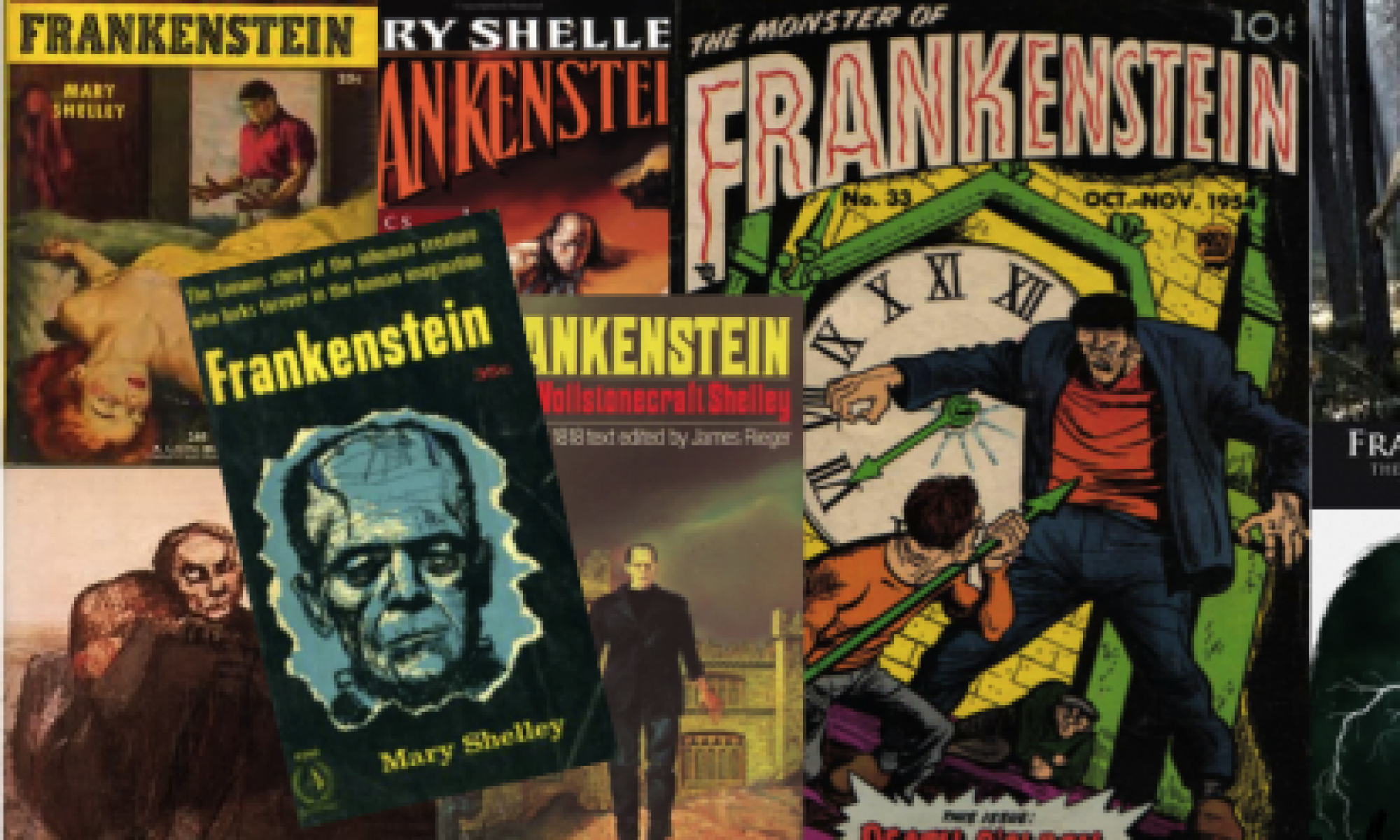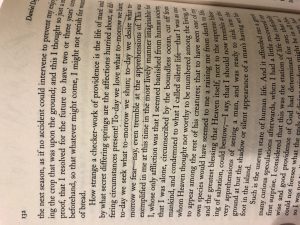Loneliness as a Theme in Wide Sargasso Sea
The setting is early 19th Century Jamaica and the Emancipation Act has just freed all slaves by law. One of the protagonists, Antoinette, is a Creole, meaning that she has mixed European and African descent. The implications of these two facts mean that the young girl is resented by the Jamaican community for being part of a white, former plantation-owning family, and she is not completely accepted by the European community either, due to the fact that she is not entirely European. Since her birth, it would seem that Antoinette was fated to live a lonely life. At a young age, her father drank himself to death and she was left to the care of her mother. She later loses her younger brother to a fire and she essentially loses her mother soon after to madness. Antoinette is perpetually alone and often has dreams of being in hell, but the truth is that her reality is hell. Her husband later marries her as an arrangement for money and the dominoes continue to fall. Mr. Rochester has a difficult time relating to Antoinette due to the difference in culture and family history. Rochester then begins to suspect that Antoinette has madness in her blood and projects that image onto her, even arbitrarily calling her Bertha. Antoinette has now lost her husband at this point and is beginning to internalize the madness that was projected onto her. The truly sad part of the adaptation is the fact that the reader gets the impression that Rochester does not want Antoinette, yet he is also not willing to free her from the marriage.
Characterized as a feminist novel, “Wide Sargasso Sea” veered off from traditional feminist works of its time. It is true that Rhys demonstrated that Bertha was multi-faceted and had a deep and troubling childhood, but the relationship between womanhood and madness is still present. Antoinette did not give me the impression that she was strong and independent, rather I received the impression that society can alienate women and men attempt to control them. Certainly a strong take on the status of society, but much can be said about the message of Rhys. Loneliness, control, and alienation can all have detrimental effects on the psyche. It is important to be cognizant of the implications that our actions can have on people and we must understand that everybody has a past that has shaped them into who they are today.

